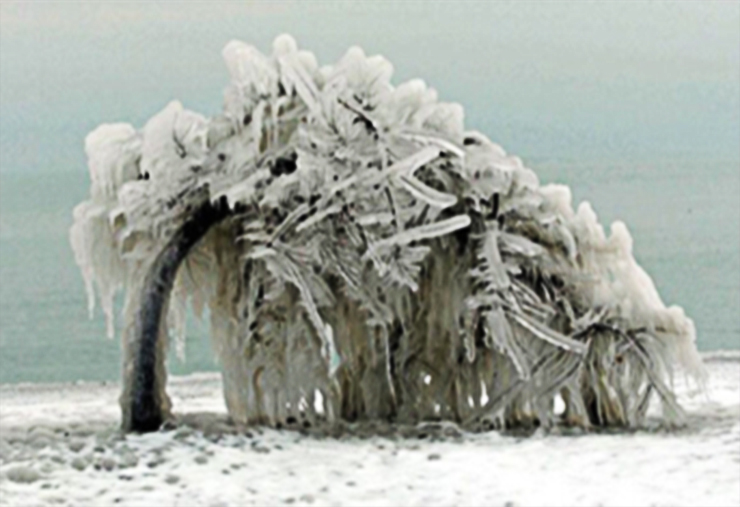
Date: 13 December, 2018 - Blog
Populism now threatens Europe, thanks to active crusaders
Populist parties are dreaming of transforming these elections into “a referendum between the Europe of elites, banks, immigration and precarious work and that of peoples and work”. Strategy is based on the setting up a populist ¨Internationale¨. In announcing the creation of a League of Leagues, Matteo Salvini wants an alliance able to sweep the European right and left. Bannon, the ideologue ex-Trump campaigner, works hard towards further consolidating ranks of right-wing populists. He lately founded a think-tank in Brussels, called Le Mouvement, which aims to combine and coordinate forces ahead of upcoming elections in 2019. Its ultimate mission is to ¨reconcile Western Patriots with their Judeo-Christian roots¨. The demagoguery they abuse makes it impossible to compromise. For instance, The Putinian reflex that animates Marine Le Pen’s National Rally (RN), Viktor Orbán’s Fidesz or Matteo Salvini’s League, is rejected with horror by the ruling Law and Justice Party (PIS) in Poland. Therefore, the odds of a genuine populist ¨Internationale¨ are very low, as no common pan-European ideology brings together right-wing populist parties on the continent.
The threat of a massive influx of right-wing populists into the European Parliament in May 2019 is real. Such an outcome would definitely destabilize Europe
¨Populist macro-economic¨ remains attractive for disadvantaged electors
The economic discourse first focus is on ¨good measures¨, namely capex / investment, productivity, education, and security. Later comes the dark side, protectionism, military conflicts, trade wars which irremediably result in bad outcome. Venezuela is the extreme example, with hyperinflation, chronic food shortage and crime. Universal basic income or tax redistribution are more acceptable politically, as a tentative means to address inequality. In practice, we had historic precedents in Latin America, where populist governments in Chile and Peru attempted to revive the economy through massive spending in the 70’s and 80’s. After an initial recovery, inflation re-emerged, and the government responded with wage and price controls. Shortages, overvaluation, burgeoning deficits, and capital flight soon precipitated economic crisis, with a subsequent collapse of the populist regime. Similar pattern also happened in Argentina, Brazil, Mexico, Nicaragua. In all cases, these populist experiences led to disastrous consequences for those who were meant to be the beneficiaries: the not haves…
Early results of these policies will be observable first in the US, UK and among the Vizegrád group, where several countries start implementing it
Yellow Vests impose a change of political course
Democracy is probably not really in danger in France, we will see. But it has become a real issue of “political survival” for Macron. It will give way to popular ransom, react violently and probably turn left. This sounds the death knell of liberal-inspired reforms. Macron will not have had the time to revive the growth economy and create jobs as he wished. He will not have succeeded in creating enough wealth to be able to redistribute it (second part of mandate).
It will be a question of trying to restore purchasing power to the working class – laborious – in rural and peri-urban areas, which can no longer close their end of the month. The public service, which is largely supernumerary and protected, risks paying the price.
E. Philippe – from the Right – will be a perfect fuse. Just as G. Pompidou had been before him (May 68), P. Mauroy (free-private school), J-M. Herault (red caps). This could be done either very quickly (unnecessary urgency) or rather at the time of the European elections … E. Philippe would have in this second case the task / the merit of organizing a great social debate.
This is the end of the “liberal-social” policy labeled “In March”
A social turning point begins in France
The attractiveness of France on the financial markets may suffer
- European assets’ developments are a faithful mirror of the deleterious political landscape
- The eventual major political recomposition in 2019 would either confirm this widespread pessimism, or fuel a significant rebound





